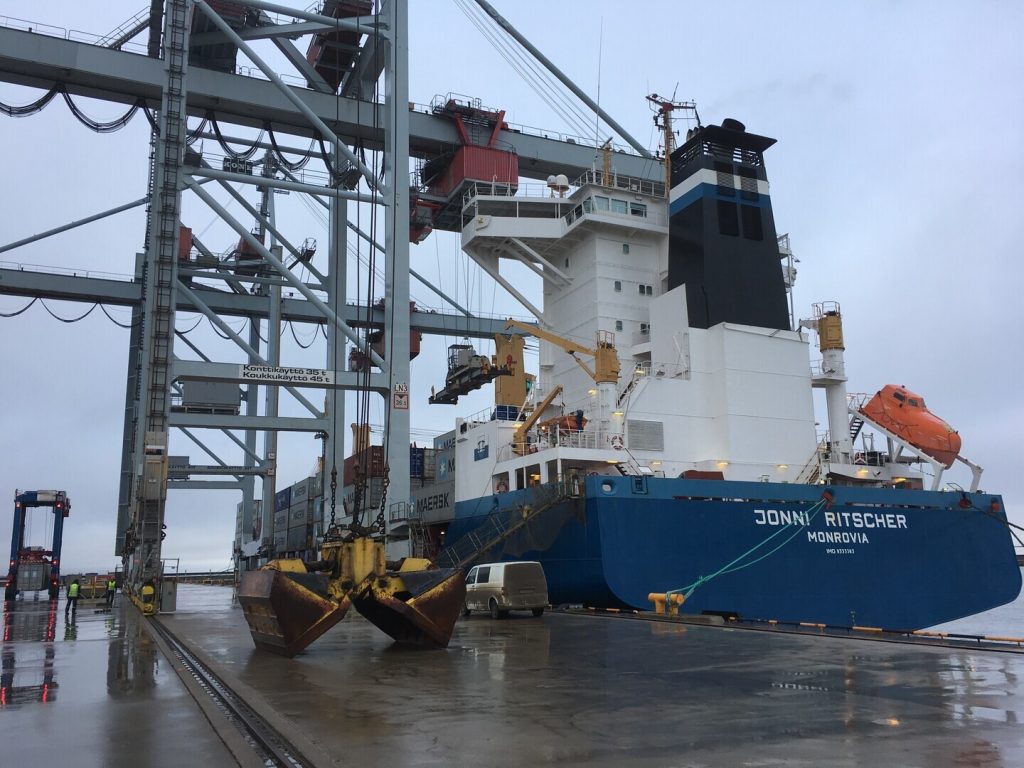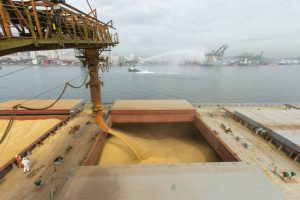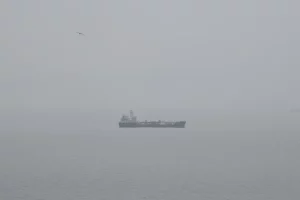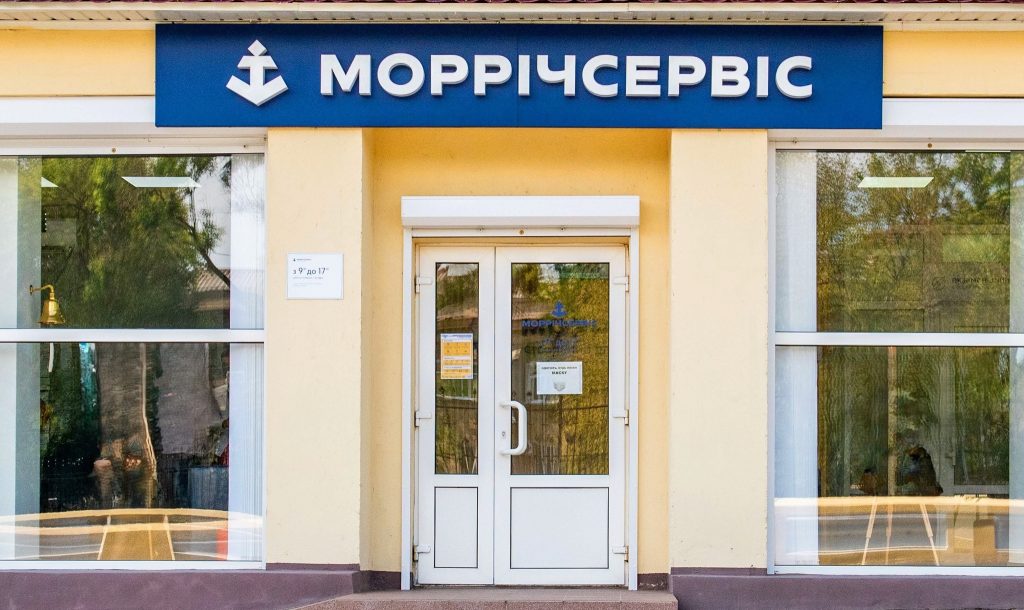Estonian businessmen completely bought out the port from the Russians

A major Estonian businessman, Tiit Vähi, and a number of Estonian shareholders have completely bought out the port of Sillamäe from its Russian partners.
Tiit Vähi recalled in an interview with ERR that 22 years ago, in collaboration with Russians Andrei Katkov and Evgeniy Malov, he began developing the port in Sillamäe (Estonia).
The port has grown into a powerful transit hub for east-west cargo and one of the links in the transport chain between Europe and America, and its owners have never once resorted to the help of any state. The port also invested heavily in the development of the city of Sillamäe, infrastructure and social projects, the local labor market, and the sphere of culture and sports.
“But then the war broke out, transit volumes fell five to six times, and the idea of transit, which worked perfectly, disappeared. The Russian partners did not want to buy the port, we did it, now we are its sole owners,” Vähi said.
The deal took place on April 7. Tiit Vähi and his companies bought out the shares of Russian big businessmen Gleb Katkov (son of Andrei Katkov) and Evgeny Malov, which accounted for 50% of the port’s capital.
Now the full owner of the port has become the AS Silmet Grupp Sillamäe Sadam concern, which owns the Silpower, Silport Kinnisvara and Silsteve enterprises.
“The Silmet Grupp enterprise, Tiit Vähi and the investment company of the Tiit Vähi family have become 100% owners,” the businessman emphasized.
Vähi did not name the amount of the deal, but noted that he financed it with a loan.
According to Vähi, the port’s immediate future as a logistics enterprise still seems uncertain to him.
“I do not see any possibilities for establishing transit right now. The situation in the world is changing every day. We hope that this damn war will end and transit will resume to some extent — if it does,” Vähi noted.
He is not building his own projects yet, as he considers taking out a loan for them to be too risky. One of the unsuccessful projects was the idea of building a wind farm, but it was put on hold by the Ministry of Defense. At the same time, the port can already offer its territory to future partners, half of which is free and waiting for tenants.
“We have a well-developed infrastructure, an area of 750 hectares, river and sea water, our own production of heat and electricity. There is a railway in the port area, two stations, 18 station tracks, each one and a half kilometers long, highways — we have one of the best port infrastructures in Estonia,” Vähi emphasized.
During its heyday, the port provided work for almost 2,000 people in Sillamäe. Today, many of them have lost their jobs.





